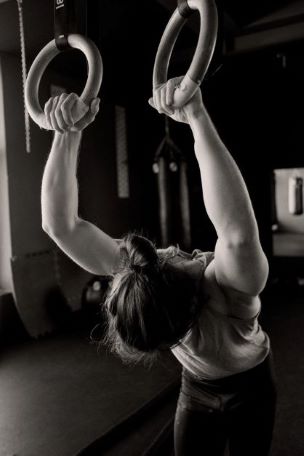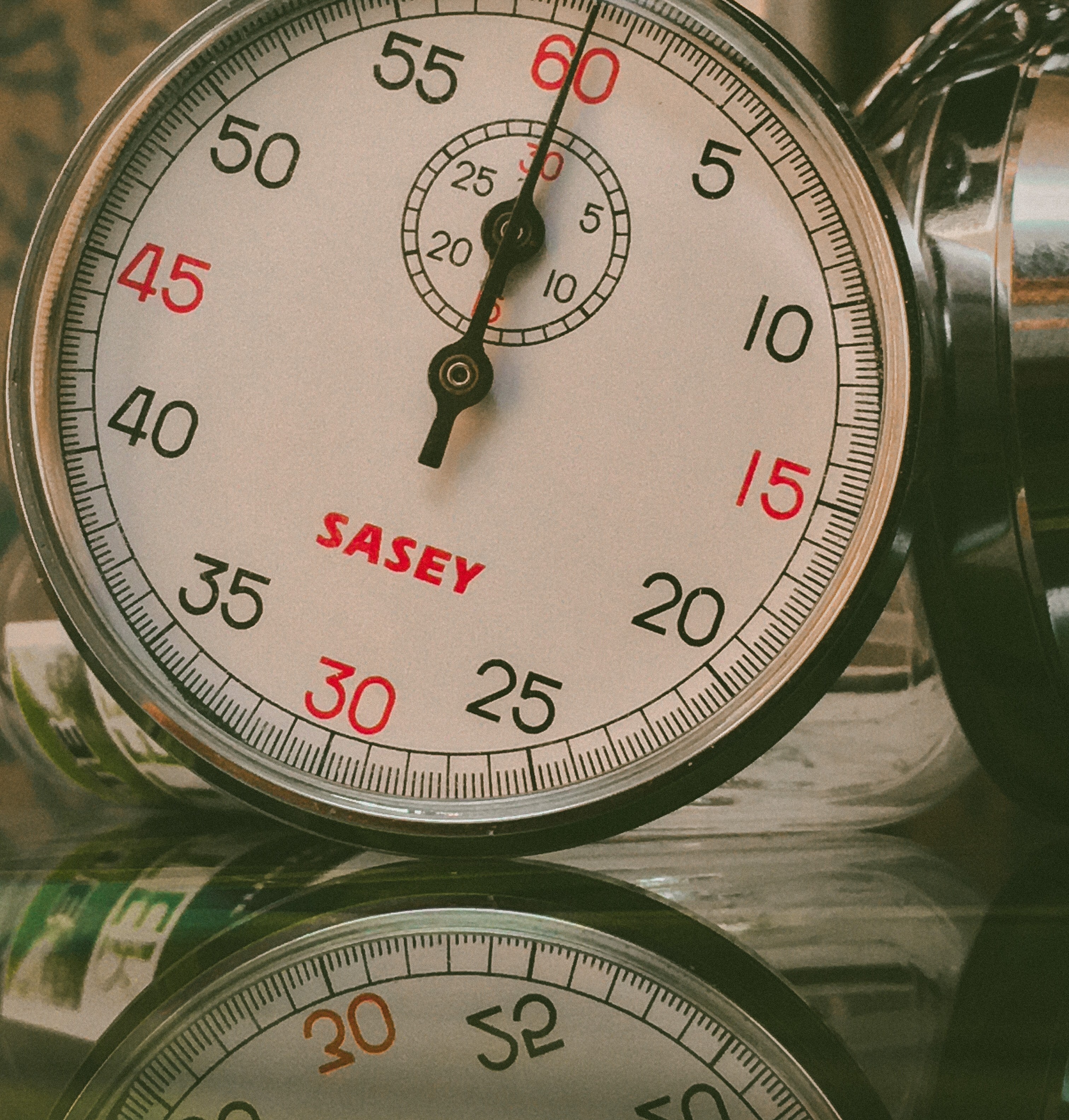The COVID-19 pandemic created an unprecedented situation with Tokyo 2020 being the first Olympic/Paralympic Games to be cancelled or postponed since the Second World War. The postponed 2021 games will likely be a different experience to previous games with, for example, no spectators at most events (BBC, 2021) and a scaled down opening ceremony (Telegraph Sport, 2021). So, what effect does the postponement have on the athletes and their preparation? This article will explore some of the psychological and physiological impacts of this unusual situation.

What impact did the postponement have?
Obviously, there is variability in how athletes reacted to the postponement of the Olympics/Paralympics in 2020, but feelings of disappointment, frustration, confusion, and uncertainty seemed to be common (Taku and Arai, 2020). For example, in response to the announcement that the Olympics would be postponed British Olympic Taekwondo champion Jade Jones stated:
"I'm truly gutted - you give your heart and soul to something for four years, then for it not to go ahead is just horrible. Obviously, health comes first, […] but as an elite athlete, it is very demotivating and mentally tough. I'm a very positive person but the idea, right now, of having to devote myself to another year's slog is a very difficult one" (BBC, 2020).
As well as the impact of the games being postponed, the lockdowns also had a significant impact on athletes and their preparations from both a psychological and physiological perspective. Lockdowns and the associated quarantine has been shown to have a negative impact on the mental health of the general population (Henssler et al., 2021) and elite athletes are not immune to this. Elite athletes were found to experience increased symptoms of mental health difficulties (e.g. depression) during COVID-19 lockdowns (Simons et al., 2021). As such the need for psychological intervention to support athletes is paramount (Reardon et al., 2021).
The impact on the training schedules of athletes was also significant. During the first UK lockdown, for example, many training venues were closed, and consequently many athletes lost face to face contact with their coaches and teammates and were forced to train alone in sub-optimal conditions. Research has shown that there was a reduction in the quality of training and sleep for many athletes (Mon-López et al., 2020), which could lead to a detraining effect and loss of fitness as well as an increased risk of injury (Sarto et al., 2020). To prevent these potential effects, athletes and coaches were required to be creative with their training sessions and develop innovative training programmes away from normal training venues.
Athletes who successfully managed to maintain their fitness ready to peak for a 2021 Olympics/Paralympics were faced with further difficulties when it came to qualifying for the games. Many qualifying tournaments and competitions were cancelled due to COVID-19 giving athletes far fewer opportunities to qualify.
For many, participating in an Olympic or Paralympic Games is a once in a lifetime opportunity and a postponed games may well make that opportunity unavailable for some, such as those who were at their peak in 2020, but injured or retired in 2021.
The ones who didn’t make it…
Postponing the Tokyo Olympics/Paralympics meant that some athletes who would have been there in 2020 didn’t make it to the 2021 Games. Retiring athletes are one example. It is common for athletes to retire after an Olympic/Paralympic Games and many athletes approaching the end of their career might having been looking at the 2020 games as their final swansong. The pandemic left these athletes with a difficult decision – hang on for one more year or bow out now. Some, such as Japanese volleyball player Risa Shinnabe and New Zealand cyclist Eddie Dawkins, chose to retire in 2020. Shinnabe said:
"That one year, to me, felt very long […] I could no longer imagine that I would be able to go through the same cycle for another year and maintain my condition" (Rowbottom, 2021).
The ones who hung on…
Those who decided to hang on include Olympic gymnastics champion Simone Biles who had originally planned to retire after the Olympics in 2020 but has decided to postpone her retirement. In fact, Biles is now considering continuing to the 2024 Olympics. She is not alone in this, with some athletes deciding that another three-year cycle is not as daunting as a four-year cycle. As Paralympic volleyball player Lora Webster puts it "three years seems like nothing when you look back on what these five years have felt like" (Radnofsky, 2021). These athletes seem to have benefited from the delay and they are not alone.
The ones who benefitted…
There are many athletes who appear to have benefitted from the postposed games. Take for example, an athlete who was injured in 2020 and would have missed the games, but now has the opportunity to compete. In many ways 2020 was the best time for an athlete to be injured as the entire world of sport effectively stopped for a while.
2020 also provided athletes with a unique opportunity to take a break from the physiological and psychological stresses of elite sport. This will likely have benefitted many athletes giving them a chance to recover and rejuvenate. The pandemic also allowed athletes to develop important skills such as resilience.
Tokyo: The games of the resilient athlete?

Resilience is considered to be an important quality in athletes, and those who have come through a pandemic and successfully qualified for the delayed games have certainly had the opportunity to demonstrate resilience. It will perhaps be the athletes who have the best skills in this area and have been able to adapt and thrive in this unprecedented situation that will rise to the top of the podium this year. Researchers exploring resilience have identified that the COVID-19 pandemic has created unexpected and novel adverse experiences for athletes and that resilience can help athletes to adapt positively (Gupta and McCarthy, 2021).
There has certainly been evidence of athletes demonstrating a positive approach. For example, in response to finding out that the games had been postponed, reigning Olympic champion swimmer Lily King posted on social media "Just one more year to get better #Tokyo2020" (Klosok and Church, 2020).
Let’s hope that such positivity and optimism will lead to a spectacular summer of Olympic and Paralympic performances.












Rate and Review
Rate this article
Review this article
Log into OpenLearn to leave reviews and join in the conversation.
Article reviews